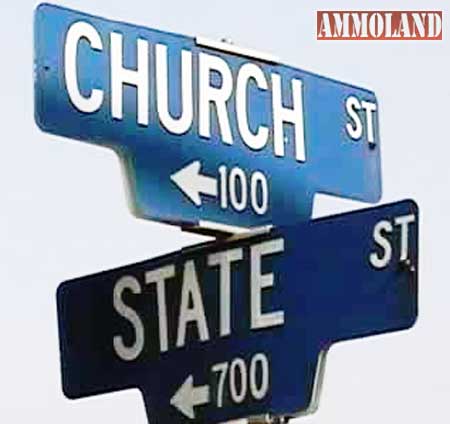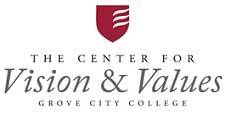By Dr. L. John Van Til


Grove City, PA –-(Ammoland.com)- It is not surprising that Obamacare, especially the HHS mandate, has generated dozens of lawsuits.
The question is: What is at issue here?
The answer is nothing less than the preservation of the integrity of the two religion clauses of the First Amendment. In 1791, the first drafts of these clauses spoke of “liberty of conscience,” primarily because each state had written a liberty of conscience clause in its own constitution.
The final draft stated, “Congress shall make no law respecting anestablishment of religion, nor prohibit the free exercise thereof …”
The important question, however, is what do the religion clauses mean? The answer is not difficult to see, although the Supreme Court in recent decades has cluttered the meaning.
Let’s first consider the establishment clause. One of the largest points of contention after the American Revolution was whether to disestablish the Anglican Church in Virginia. Thanks to the arguments of Madison and Jefferson it was, indeed, disestablished. In early 1786, with overwhelming support, the Virginia House passed into law “An Act for Establishing Religious Freedom.”
Other states quickly followed Virginia’s example. The specific intent of these measures were to ensure that there would be no state-sponsored churches. Everyone knew at the time, and for the next 160 years, that the phrase “anestablishment of religion” directly referred to a church. It meant nothing more, nor anything other, than an organized place of worship. It was the place in which religious convictions were formally practiced.
Helping to define what religion meant, Jefferson, echoing John Locke, said, “Religion is the duty we owe our Creator.”
Over a century and a half passed, and the Supreme Court began to muddle the meaning, especially in 1947’s Everson v. Board of Education. Justice Hugo Black took it upon himself to change the phrase from “anestablishment of religion” into “the establishment of religion.” This dramatically altered the meaning of this clause.
Here is a tremendous example of how words, or even a single word, hold power. That seemingly little change in the use of an article, from “an”to“the,” altered American jurisprudence profoundly. This change by Justice Black allowed subsequent courts to examine all sorts of religious issues in the name of “the establishment of religion.”
This makes March 2014 all the more important. The court will hear oral arguments on the Hobby Lobby and Conestoga Wood Specialties cases. Will the court follow Justice Black’s version of establishment, or look at the cases as free exercise issues? To put the importance of this into perspective, consider that later cases in Black’s tradition have suggested that a public prayer is establishing religion. There is no doubt that confusion has been the result. Perhaps some of these older cases should be re-heard by the Court.
The second religion clause, the free exercise clause, was settled earlier in a rather straightforward manner in 1940’s Cantwell v. Connecticut. In this case, Jehovah’s Witnesses were proselytizing and distributing literature door to door. They were arrested and convicted for not having a required permit. The Supreme Court said that “the statute, as construed and applied … deprived them of their liberty without due process of the law.” Here, the court quoted both religion clauses of the First Amendment. It also stated, “Freedom of conscience … cannot be restricted by law.”
What does this mean about religious liberty in the public square? First, the clause on establishment means only one thing: Congress and the states shall not create state-sponsored churches. It does not open the door to all sorts of imaginative “religious” issues. Second, the free exercise clause means that everyone has liberty of conscience. Together, these clauses sharply limit the state in all matters of religion, and that includes the Supreme Court.
Clearly, the state has no power to create churches, nor authority to suppress liberty of conscience—which is a religious exercise.
In light of this, it is easy to conclude that the state has no power or authority to establish a national church. It would seem also that the state has no power to prohibit the free exercise of religion as it pertains to a legitimate business practice such as providing benefits to employees that do not violate a business owner’s conscience.
But this issue remains to be resolved by the Court. Will the Court preserve the integrity of the First Amendment, or participate in fundamentally transforming the United States of America?
— Dr. L. John Van Til is a fellow for humanities, faith, and culture with The Center for Vision & Values at Grove City College.
© 2013 by The Center for Vision & Values at Grove City College. The views & opinions
expressed herein may, but do not necessarily, reflect the views of Grove City College.
